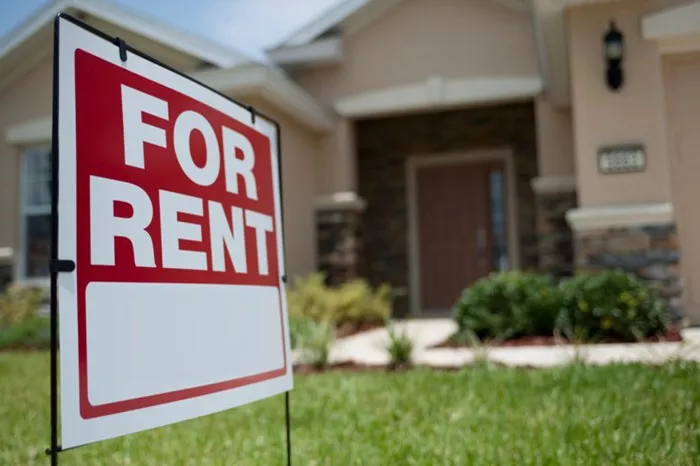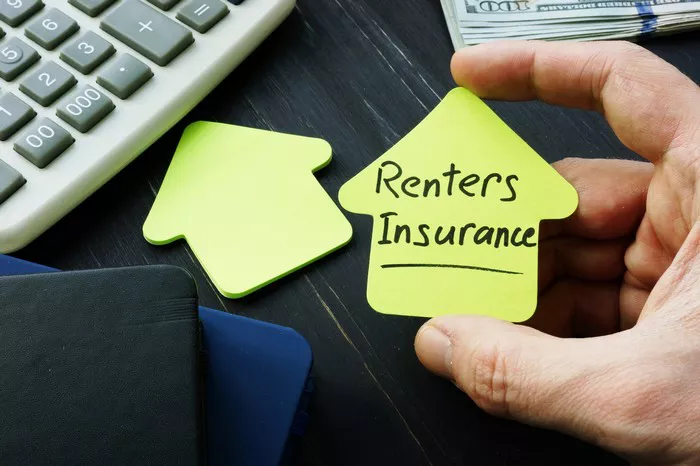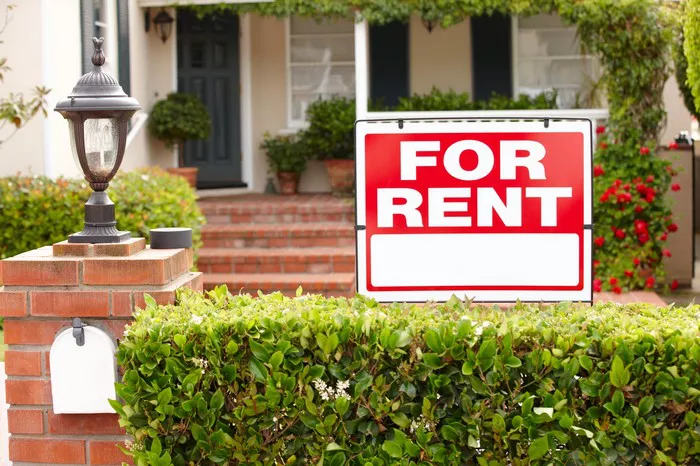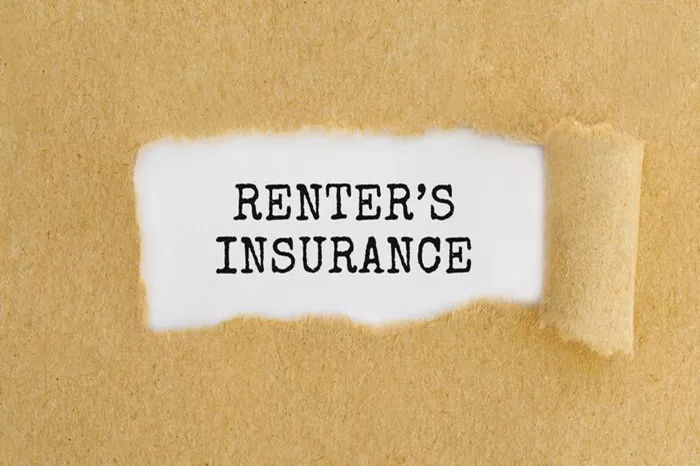Renters insurance is a crucial yet often overlooked aspect of renting a home or apartment. While many people understand the importance of homeowners insurance, renters insurance remains less well-known. This article delves into the details of what renters insurance covers, aiming to provide a comprehensive understanding of its benefits and protections.
Introduction to Renters Insurance
Renters insurance, also known as tenant insurance, is a policy that provides coverage for individuals who rent or lease their living spaces. Unlike homeowners insurance, which covers the structure of the home, renters insurance focuses on protecting the personal belongings of the renter and providing liability coverage. This type of insurance is designed to safeguard renters from unexpected events that could result in financial loss.
Personal Property Coverage
One of the primary components of renters insurance is personal property coverage. This coverage protects the renter’s belongings, such as furniture, electronics, clothing, and other personal items, against various risks.
Personal property coverage typically includes:
Theft
Renters insurance covers the loss of personal belongings due to theft, whether it occurs inside the rented property or elsewhere. This means that if your laptop is stolen from your apartment or your bike is stolen while you’re out, your policy can help cover the replacement costs.
Fire and Smoke Damage
In the event of a fire, renters insurance can help replace or repair personal items damaged or destroyed by fire or smoke. This includes damage caused by electrical fires, kitchen fires, and other related incidents.
Water Damage
While renters insurance does not typically cover flood damage, it often covers water damage resulting from burst pipes, leaking appliances, or accidental overflows. This protection can be crucial in preventing significant financial losses.
Vandalism
If your personal property is damaged or destroyed due to vandalism, renters insurance can help cover the cost of repairs or replacements. This can include graffiti, broken windows, or other intentional damage.
Natural Disasters
Depending on the policy and location, renters insurance may provide coverage for personal belongings damaged by certain natural disasters, such as hurricanes, tornadoes, and earthquakes. However, coverage for these events often requires additional endorsements or separate policies.
Loss of Use
If your rented home becomes uninhabitable due to a covered event, renters insurance can help cover additional living expenses. This coverage, known as loss of use, can include costs such as hotel bills, restaurant meals, and other expenses incurred while your home is being repaired or replaced.
Liability Coverage
Renters insurance also provides liability coverage, which protects you if someone is injured while on your property or if you accidentally cause damage to someone else’s property. This coverage can help with legal fees, medical bills, and repair costs.
Personal Liability
Personal liability coverage helps protect you in case someone is injured in your home or if you cause damage to someone else’s property. For example, if a guest slips and falls in your apartment and sues you for medical expenses, your renters insurance can help cover the legal and medical costs.
Medical Payments to Others
In addition to personal liability, many renters insurance policies include coverage for medical payments to others. This means that if a guest is injured in your home, your policy can help cover their medical expenses, regardless of who is at fault.
Damage to Others’ Property
If you accidentally damage someone else’s property, such as breaking a neighbor’s window, renters insurance can help cover the repair or replacement costs. This aspect of liability coverage ensures that you are protected from financial responsibility for accidental damages.
Additional Living Expenses
Renters insurance can cover additional living expenses if your rented home becomes uninhabitable due to a covered event. This coverage, known as loss of use, can include costs such as hotel bills, restaurant meals, and other expenses incurred while your home is being repaired or replaced.
Temporary Housing
If you need to temporarily move out of your home due to damage from a covered event, renters insurance can help cover the cost of temporary housing. This can include hotel stays or short-term rentals.
See Also: 9 Good Reasons to Get Renter’s Insurance
Additional Costs
Renters insurance can also cover additional costs associated with being displaced from your home, such as increased food expenses and transportation costs. This coverage ensures that you are not financially burdened while your home is being restored.
Coverage for Specific Items
Certain high-value items may have limited coverage under a standard renters insurance policy. To ensure these items are fully protected, you may need to purchase additional coverage, known as scheduled personal property or riders.
Jewelry and Valuable Items
Standard renters insurance policies often have coverage limits for high-value items like jewelry, watches, and collectibles. If you own valuable items that exceed these limits, you can add a rider to your policy to ensure they are adequately covered.
Electronics
While renters insurance covers electronics, such as laptops, cameras, and smartphones, there may be limits on the amount of coverage. Adding a rider for high-value electronics can provide additional protection.
Fine Art and Antiques
If you own fine art, antiques, or other valuable collectibles, a standard renters insurance policy may not provide sufficient coverage. Adding a rider can ensure these items are fully protected in the event of damage or theft.
How to Choose the Right Renters Insurance Policy
Choosing the right renters insurance policy involves considering your specific needs, the value of your belongings, and the risks you want to be covered against.
Assess Your Personal Property
Make a detailed inventory of your personal belongings and their estimated value. This will help you determine the amount of coverage you need to protect your property adequately.
Compare Policies
Shop around and compare renters insurance policies from different providers. Look at the coverage options, limits, deductibles, and premiums to find the policy that best suits your needs.
Consider Additional Coverages
Evaluate whether you need additional coverages, such as riders for high-value items or optional protections like identity theft coverage. Adding these coverages can provide extra peace of mind.
Check for Discounts
Many insurance providers offer discounts on renters insurance policies. Common discounts include those for bundling with other insurance policies, having a security system, or being a member of certain organizations.
Read the Fine Print
Carefully read the policy details and understand the coverage limits, exclusions, and conditions. This will help you know exactly what is covered and what is not.
Filing a Renters Insurance Claim
Understanding the claims process can help you navigate it more efficiently if you ever need to file a claim.
Document the Damage
As soon as you discover damage or theft, document the incident thoroughly. Take photos or videos of the damage and make a list of the affected items.
Contact Your Insurance Provider
Notify your insurance provider about the incident as soon as possible. Provide them with the documentation and any other information they require.
Fill Out the Claim Form
Complete the claim form provided by your insurance company. Be accurate and detailed in your descriptions to avoid any delays in processing your claim.
Work with the Adjuster
An insurance adjuster may be assigned to evaluate the damage or loss. Cooperate with the adjuster and provide any additional information or documentation they request.
Receive Your Reimbursement
Once your claim is approved, you will receive your reimbursement. This may be in the form of a check or direct deposit, depending on your insurance provider’s process.
Conclusion
Renters insurance is a vital safeguard for anyone renting a home or apartment. It provides comprehensive coverage for personal belongings, liability protection, and additional living expenses in case of emergencies. By understanding what renters insurance covers and selecting the right policy for your needs, you can ensure that you are protected against unexpected events that could result in significant financial loss.
In summary, renters insurance covers personal property, liability, additional living expenses, and specific items with the option to add extra coverages for enhanced protection. However, it is important to be aware of exclusions and limitations, such as damage from floods, earthquakes, and intentional acts. By carefully assessing your needs and comparing policies, you can choose the right renters insurance to protect your assets and provide peace of mind.






















